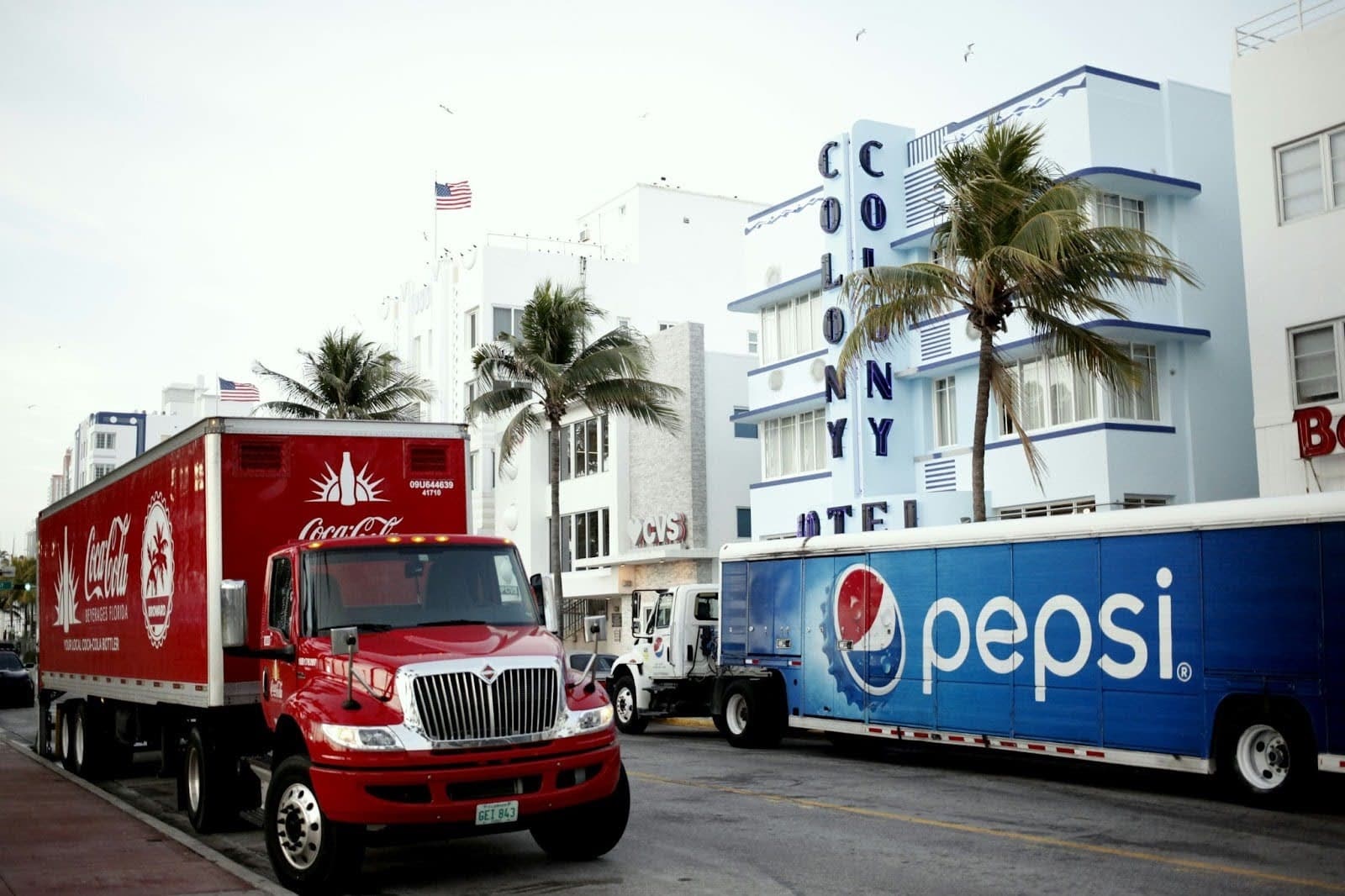
The journey of refrigerated transport, from its nascent stages to the sophisticated systems we rely on today, is a fascinating story of innovation, adaptation, and technological breakthroughs. This evolution has not only revolutionized the way we preserve and transport perishable goods but has also significantly impacted global trade, dietary habits, and food security. This blog post delves into the historical development of refrigerated transport, highlighting key milestones and lesser-known facts that have shaped its trajectory.
The ice age: early experiments in refrigeration
The story of refrigerated transport begins long before the advent of mechanical refrigeration, with ice being the primary means of cooling perishables. In the 19th century, natural ice, harvested from lakes and rivers, was used to preserve food on long voyages. One of the earliest recorded uses of ice for food preservation dates back to 1797, when british fishermen used ice to preserve their catch during transport. However, the reliance on natural ice was fraught with challenges, including variability in supply and quality.
The birth of mechanical refrigeration
The development of mechanical refrigeration in the late 19th century marked a pivotal turning point. In 1877, the first successful shipment of refrigerated beef from sydney to london aboard the steamship “Strathleven” demonstrated the potential of mechanical refrigeration in transforming the food transport industry. This innovation enabled more reliable and efficient control over temperature, paving the way for the international trade of perishable goods.
The expansion of refrigerated rail transport
The introduction of refrigerated rail cars in the late 19th and early 20th centuries further expanded the possibilities for transporting perishables across vast distances. In the united states, gustavus swift revolutionized the meat industry by developing the first practical ice-cooled rail car in 1878, allowing fresh beef to be transported from chicago to the east coast. This development significantly reduced spoilage and made fresh meat more accessible to consumers.
The advent of refrigerated trucking
The mid-20th century saw the advent of refrigerated trucking, which offered more flexibility and efficiency compared to rail transport. The first mechanically refrigerated truck is believed to have been introduced in the 1930s. This innovation allowed for door-to-door delivery of perishable goods, further reducing spoilage and enhancing the freshness of food products.
The modern era of refrigerated transport
Today, refrigerated transport is a sophisticated, technology-driven industry. Innovations such as cryogenic cooling, using liquid nitrogen or carbon dioxide as refrigerants, and advanced insulation materials have improved the efficiency and reliability of refrigerated transport. The integration of telematics and iot technology for real-time temperature monitoring and gps tracking ensures the integrity of perishable goods from origin to destination.
The impact on global trade and consumption
The evolution of refrigerated transport has had a profound impact on global trade, enabling the year-round availability of fresh produce, expanding markets for food producers, and diversifying consumer diets. According to the united nations conference on trade and development (unctad), refrigerated transport, or “Reefer shipping,” accounts for over 90% of the international trade in perishable goods, underscoring its critical role in the global economy.
Conclusion
The history of refrigerated transport is a testament to human ingenuity and the relentless pursuit of progress. From ice-packed rail cars to iot-enabled refrigerated trucks, each innovation has overcome the challenges of its time, contributing to a system that today underpins the global food supply chain. As we look to the future, the continued evolution of refrigerated transport promises to further enhance food safety, reduce waste, and connect markets around the world, sustaining the flow of perishable goods across borders and oceans.





